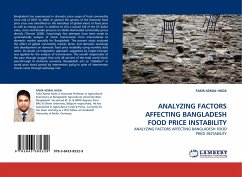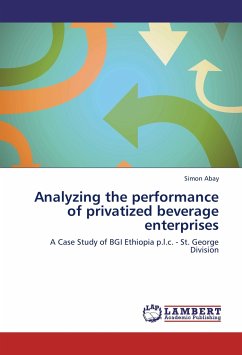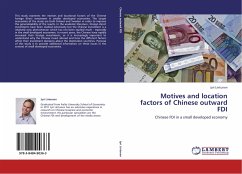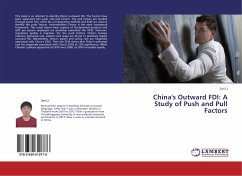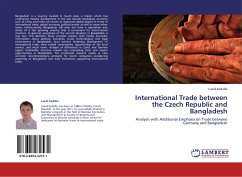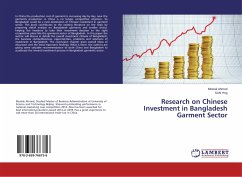Bangladesh has experienced in dramatic price surge of food commodity since mid of 2007 to 2008. In general the genesis of the domestic food price crisis was identified on the backdrop of global shock of food price as well as energy price. In addition to this a sustain fall of the US dollar value, since mid-decade pressure on dollar-dominated commodity prices directly (Timmer 2008). Surprisingly few attempts have been made to systematically analysis of shock transmission from international to domestic market specially for Bangladesh. The present study analyzed the effect of global commodity market factor and domestic exchange rate development on domestic food price instability using monthly data series. Bi-variate co-integration approach suggested by Engler-Granger was applied for the analysis of transmission. The overall magnitudes of the pass through suggest that only 46 percent of the total world shock pass-through to domestic economy. Bangladesh acts as "stabilizer" in world price shock period by intervention policy.In spite of intervension shocks came through exchange rate.
Bitte wählen Sie Ihr Anliegen aus.
Rechnungen
Retourenschein anfordern
Bestellstatus
Storno

